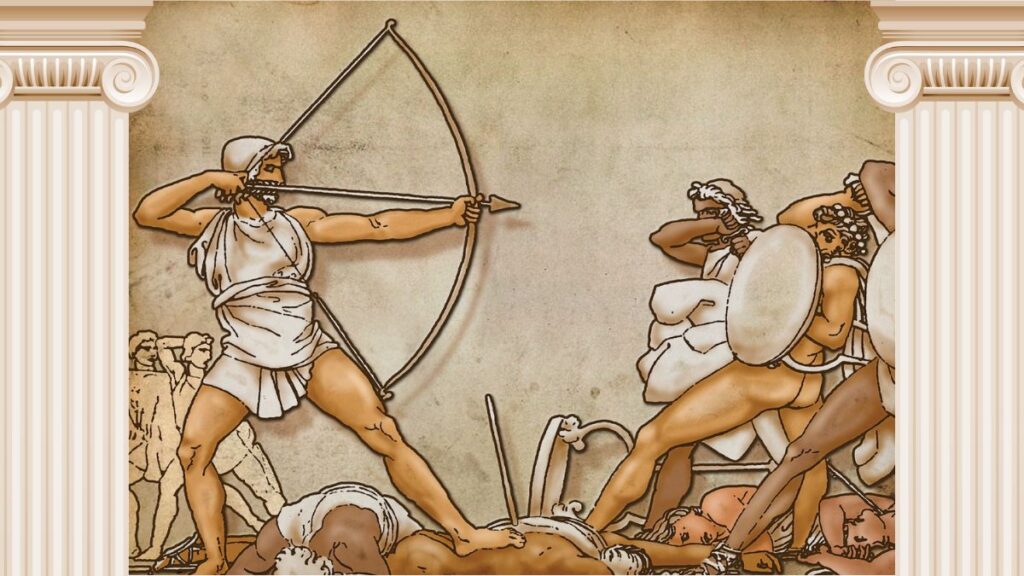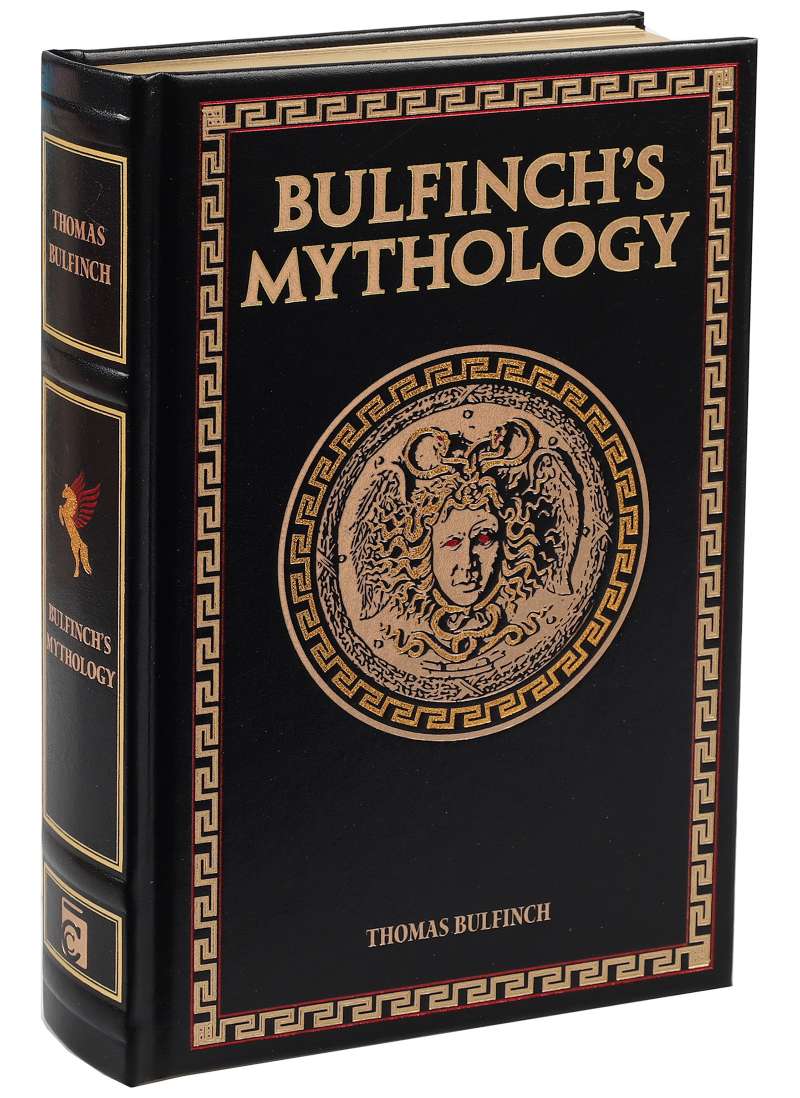By Brian Boone
In this season of giving thanks and taking stock, let’s look back on the ancient days when cultures’ believed in a pantheon of gods and goddesses, each with a particular task or area of expertise and authority. Some of these gods had a job description that was extremely specific.
Mellona served as the goddess of honey, an ingredient that ancient Greeks used as medicine, food, and in offerings to the other gods and goddesses. She mainly just made sure bees stayed fit and healthy.
Understand the world of ancient myths and legends with this approachable account by Thomas Bulfinch.
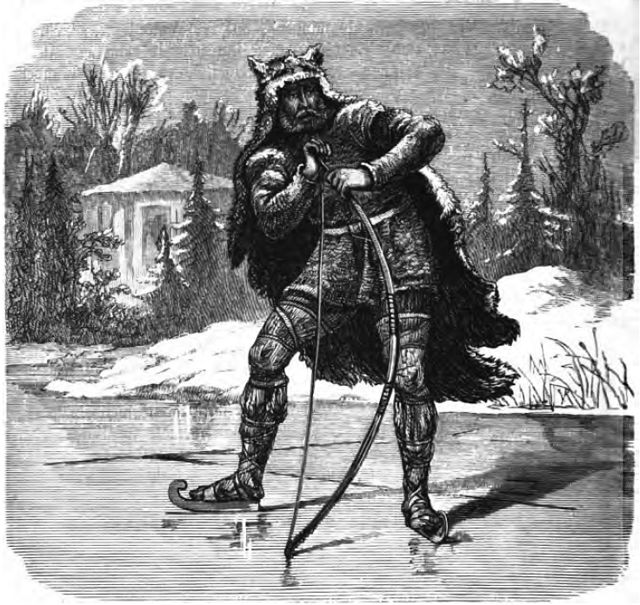
There’s a lot of snow in Scandinavia, and skiing has been a form of transportation there for thousands of years. The Vikings believed in Ullr, the god of skiing. Stepson of the mighty Thor of Norse mythology, Ullr was said to be very handsome and helped warriors and hunters complete their jobs while catching powder on the slopes.
Aebona was the goddess of journeys, particularly for babies and young adults. She was said to teach little ones to walk and then re-emerged in early adulthood, protecting over those same kids when they moved out of their parents’ homes.
The Erotes (from which we derive the word “erotic”) were the sons of Aphrodite and all health with some element of love. While Eros, known to the Romans and more generally as Cupid, is the most famous. But there are a few others, like Pothos, god of romantic longing, and Hedylogos, god of flattery.
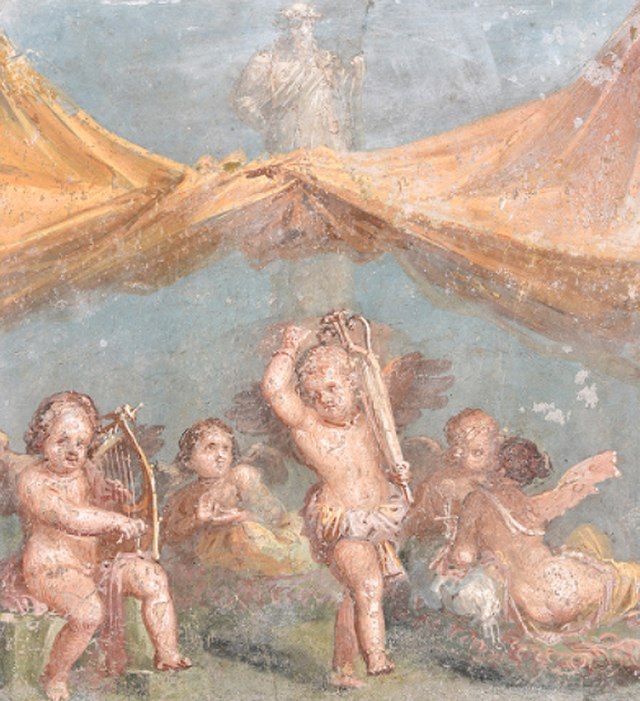
Cardea’s realm sounds frivolous, but it was crucial. The goddess of doorways and doorhandles, the job included stopping Striga, vampiric monsters, from going into homes to drink the blood of any kids in the house.
The ancient Greeks really did try to have a god for everything, a source or motivation for how everything was the way it was. To account for the behavior of dumb and foolish people, the Greeks blamed Koalemos, the god of stupidity.
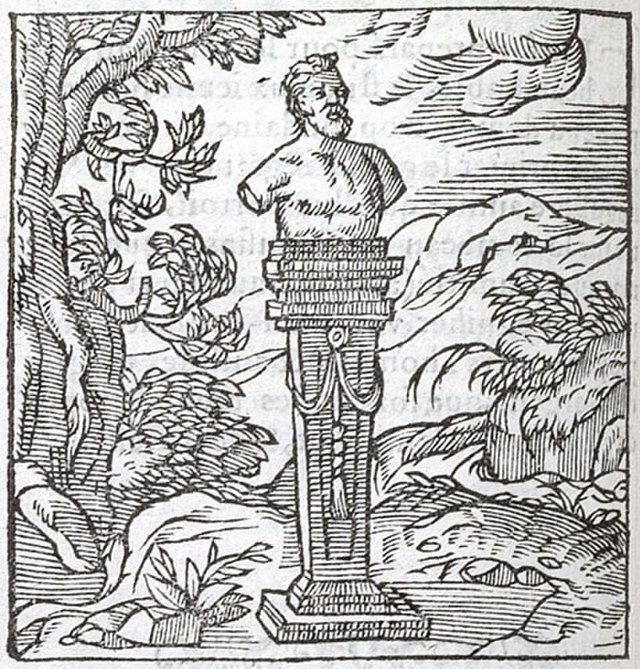
Ancient Rome had a god of boundary stones, Terminus. Wooden posts, planks, or rocks were placed to note property lines or city limits, and they were said to be blessed to contain the essence of Terminus, which would protect the city or area inside.
Priapus was an ancient Greek fertility deity, specifically the god of vegetable gardens. Because of his ability to make things abundant and living, he was often depicted as a statue with a comically large manhood and was placed in personal gardens.
Cloacina was the Roman goddess of filth and beauty. She was said to keep Rome’s sewers running smoothly and the drinking water supply free of disease.
The Ancient Greek god of the planet Venus in the morning, when it’s not visible with the naked eye from Earth, was Eosphorus. In the evening, when Venus can be spotted in the sky like it were a star, it’s the domain of Hesperus.
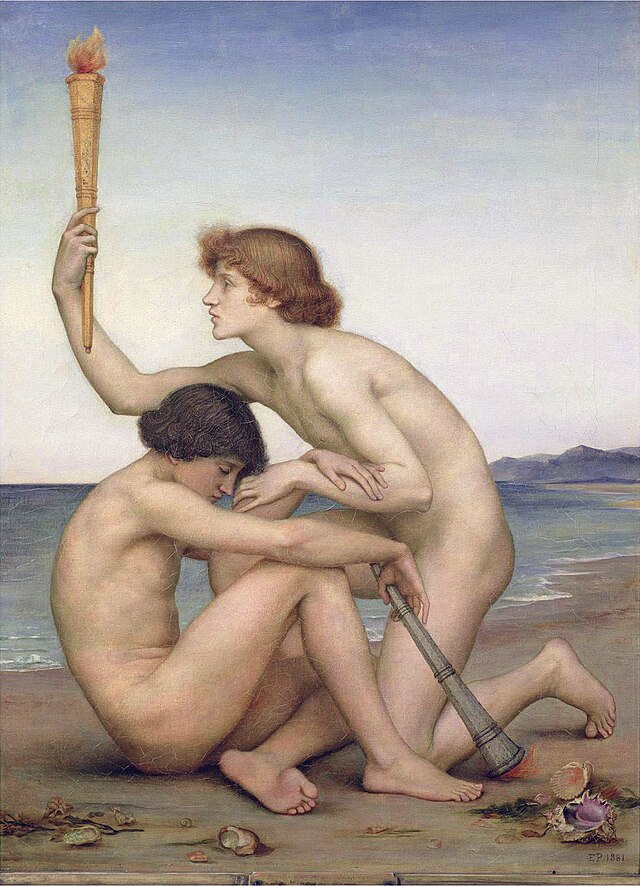
Canterbury Classics offers many beautifully bound books of ancient myths, legends, and stories. A good place to start: the engrossing and fascinating Bulfinch’s Mythology. It’s available now.








